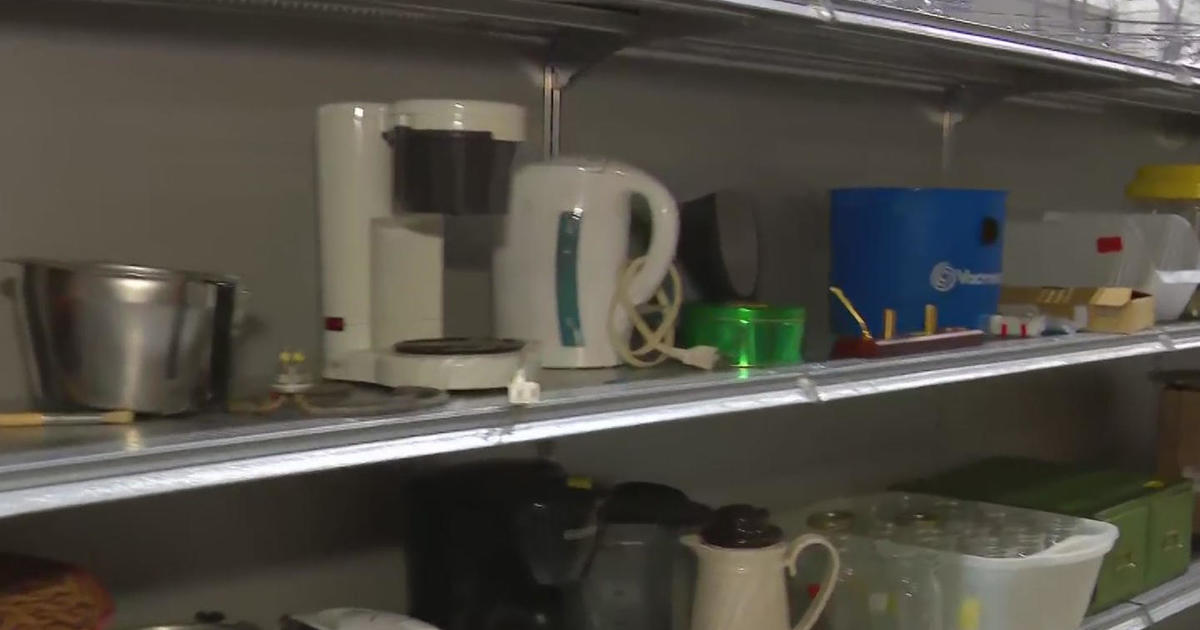Good Question: Are Minn. Lakes Getting Warmer?
MINNEAPOLIS (WCCO) -- It's an amoeba not normally found in Minnesota lakes. It's more common in the south, where it's warmer. But it's blamed by Minnesota health investigators for the death of a 9-year-old boy, who went swimming in a Stillwater lake.
Are Minnesota lakes getting warmer, and what does that mean to our lake lifestyle?
"We definitely know they are getting warmer," said biology professor Dr. Jim Cotner.
Cotner's lab at the University of Minnesota specializes in the microbiology of underwater ecosystems.
"Everything's changing faster than what we expected it to," Cotner said.
And that may be why we're seeing the microscopic Naegleria fowleri amoeba in Stillwater's Lily Lake. It's usually in southern lakes – and usually something Minnesotans don't have to worry about.
Is the rising of lake temperatures a big deal?
"Well, that's a good question," Cotner said. "It's changing a lot of the species in our lakes, all the way from the algae to the fish."
It's not like being a degree or two warmer is going to somehow cook the fish in our lakes. But when lakes warm, it's harder to hold oxygen in the water and that makes it harder for trout and walleye to reproduce.
"I mean they're not gonna disappear, but it's definitely going to have an effect on where they occur and how many there are," Cotner said. "Sort of the fish we like to catch need cold water conditions with oxygen in the bottom. And the warmer conditions tend to decrease the oxygen available in the first place."
But like mold on a warm hunk of cheese, small organisms love to reproduce when it gets warmer.
"One of the big things is that Cyanobacteria, or blue-green algae, tend to become more abundant," Cotner said.
There's no wide-scale temperature monitoring effort throughout Minnesota lakes, but researchers at University of Minnesota – Duluth have been studying Lake Superior. Its temperature peaked almost 6 degrees warmer than the 10 year average, last month.
Runoff from the massive flooding was part of that, and as the lake has warmed over the years, researchers haven't found major problems yet. Cotner said that that likely is due to the size of the lake and the other factors at play, like the wind.
There may be a positive to the warmer lakes, however, according to Cotner, in that they seem to do a better job at burying carbon dioxide.
They take carbon dioxide out of the atmosphere, stick it in water, bury it in sediment, once it's in the sediment it stays there for thousands of years, he said.
"That's bad for fish, but it might be good for the atmosphere and global warming," Cotner said.



